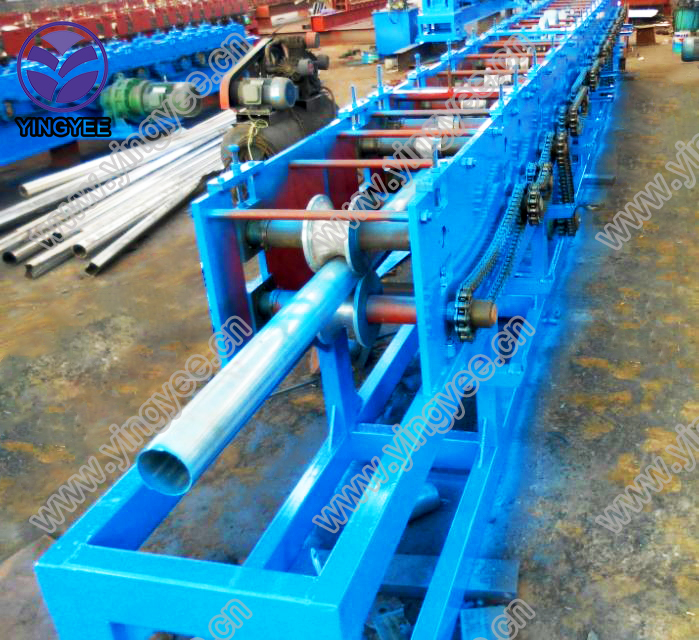
Understanding Tube Mills An Essential Component in Metal Fabrication
Tube mills, essential machinery in the metal fabrication industry, are designed for creating hollow sections from various types of metal sheets. This process involves a series of operations where flat metal strips or sheets are transformed into tubular shapes, which can then be used for various applications across industries such as construction, automotive, and aerospace.
The operation of a tube mill involves several steps. Initially, the raw material, typically a coil of steel, is uncoiled and fed into the mill. The coil is then shaped by passing through a series of rollers that gradually form it into a tubular shape. This shaping process is crucial as it determines the dimensions and properties of the final product. The rollers can be adjusted to control the diameter and wall thickness of the tube, allowing for the production of a wide range of sizes to meet specific requirements.
After the tube is formed, the edges of the metal strip, which may have a slight gap, are welded together to create a seamless tube. Various welding methods can be employed, including high-frequency induction welding or TIG welding. The choice of welding technique depends on factors such as the material type, thickness, and the intended application of the final product. Once welded, the tube is often subjected to additional processes, such as heat treatment and surface finishing, to enhance its mechanical properties and aesthetic appeal.

Quality control is a critical aspect of tube mill operations
. Throughout the manufacturing process, samples are taken to assess the strength, integrity, and dimensions of the tubes produced. Automated systems and advanced technologies are commonly utilized to monitor and ensure that the products meet stringent industry standards. This commitment to quality not only safeguards against defects but also enhances the reliability of the finished products.The versatility of tube mills allows them to produce tubes in various configurations, including round, square, and rectangular profiles. Moreover, tube mills can accommodate different materials, from carbon steel to stainless steel, making them indispensable in industries requiring customized solutions.
In recent years, advancements in technology and automation have significantly improved the efficiency and productivity of tube mills. Automated feeding systems, real-time monitoring, and computer-aided design help optimize production processes, reduce waste, and lower costs. These innovations enable manufacturers to respond more quickly to market demands while maintaining high-quality standards.
In conclusion, tube mills play a vital role in the metal fabrication industry, offering robust solutions for the production of hollow sections used in countless applications. As technology continues to evolve, the capabilities of tube mills will expand, ensuring they remain integral to modern manufacturing processes. Understanding the significance of tube mills helps appreciate the complexity and precision involved in creating the products that form the backbone of various sectors.